With approval from the Pennsylvania Department of Education (PDE), the Consortium began piloting a model for small-group virtual career mentoring this month in collaboration with BNY Mellon. Previously, career mentoring had to take place one-on-one to meet state requirements around work-based learning.
“We sought approval for our group model both to make the experiences more accessible and also to make them more comfortable for mentees or mentors who might prefer a group situation,” said Program Director Debbie Pixton, who is the Consortium’s facilitator for the pilot. 
The U.S. Department of Education recently cited the new approach in a report on ideas for expanding work-based learning opportunities.
Like traditional one-on-one mentoring, the program is designed to help students explore careers, learn about workplace expectations and get practice building professional relationships.
Under the pilot, a team from BNY Mellon is working with small groups of students from Greensburg Salem, Keystone Oaks and Woodland Hills high schools. Over the course of the pilot, students will learn about BNY Mellon and the kinds of jobs available in finance, investment management, and the banking firm’s other areas of expertise.
Amy Brake, Pittsburgh Events Coordinator at BNY Mellon and member of the Consortium’s Advisory Council, said “This program has presented a unique opportunity for BNY Mellon to engage with young, bright minds and better understand what students are looking for in their own careers. We are able to tailor the program to the students’ interests and showcase the expansive career opportunities that BNY Mellon offers.”
During presentations, students can ask professionals questions that might be on their minds as they think about career choices. At a recent session about technology, for example, one student was curious about how to know if he might be putting in work and hours beyond his compensation level.
Nick Gasbarro, Vice President – Digitization and Business Change, told the student it’s better to weigh job opportunities more for the interest they hold than for the salaries they command.
Taking on extra assignments or projects also brings its own rewards, Gasbarro added. “Getting that exposure, having that experience and building that network is more valuable than any pay raise,” he said.
Because students can interact over the course of the pilot with multiple staffers, they build more “social capital” than a one-on-one mentoring experience affords, Pixton said.
“The model also can work better than individual mentoring for companies seeking exposure to students making career choices,” Pixton added. “We designed it to be replicable and hope to engage other companies and schools in the coming year.”






